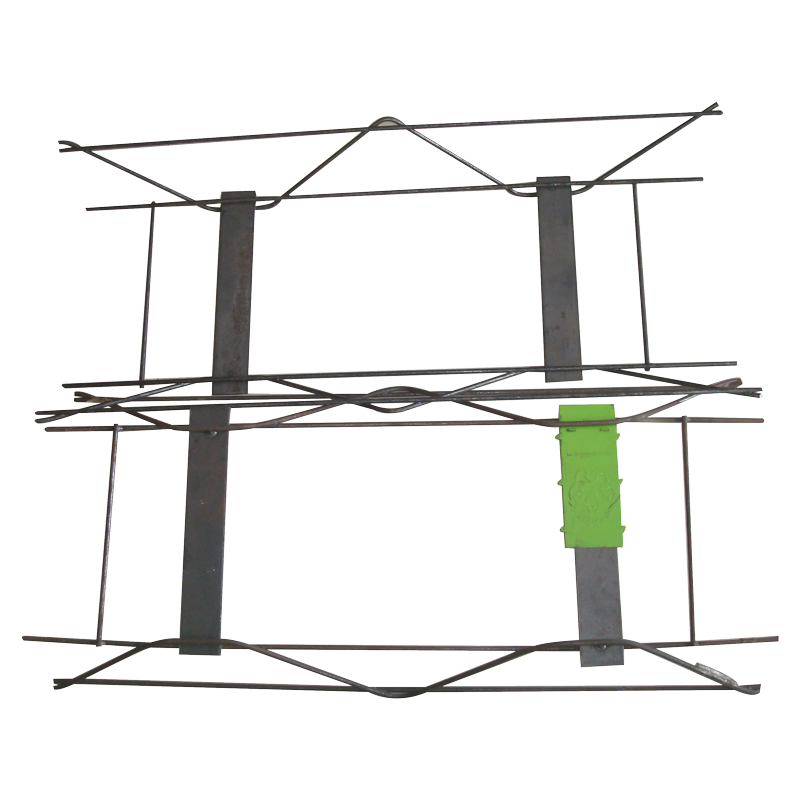
- Mobile Phone
- +8613931874955
- sales@cntcmetal.com
different types of field fence
Different Types of Field Fence
Fencing is an essential component of land management, serving various purposes, from defining property boundaries to protecting crops and livestock. Field fences come in a variety of types, each designed to meet specific needs and challenges. Understanding these different types allows landowners to choose the most suitable fencing for their requirements.
1. Barbed Wire Fencing
Barbed wire is one of the most commonly used types of field fences, especially in agricultural applications. Composed of strands of wire twisted together with sharp barbs at intervals, it is highly effective for containing livestock and protecting crops. Barbed wire fences are inexpensive, durable, and versatile, making them a popular choice for ranchers and farmers. They can be easily installed over long distances and are particularly effective in rural areas where aesthetics may not be a priority.
2. Stock Fencing
Stock fencing, also known as cattle fencing, is designed to keep livestock such as cattle, sheep, and goats contained within a designated area. Typically made from strong wire, stock fences can include various designs, from woven wire to high-tensile options. The woven wire variant consists of vertical and horizontal wires that create a grid-like pattern, providing excellent visibility and strength. Stock fencing is particularly important for preventing livestock from wandering into roads or neighboring properties, ensuring both their safety and that of passing vehicles.
Electric fencing is becoming increasingly popular among farmers and landowners due to its effectiveness and ease of installation. This type of fence uses a low-voltage electric current to deter animals from crossing boundaries. Electric fences can be particularly useful for controlling livestock movement, protecting crops from deer and other wildlife, and creating temporary enclosures for rotational grazing. They are often combined with other types of fencing to enhance security and efficiency. While more expensive upfront than alternatives, electric fencing can provide significant long-term savings by reducing animal feed costs and preventing crop damage.
different types of field fence

4. Vinyl Fencing
Vinyl fencing offers a low-maintenance alternative to traditional wooden or metal fences. Known for its durability and weather resistance, vinyl is an excellent choice for decorative and functional fencing in urban and suburban areas. While it may not be as effective for livestock containment as other types of fences, vinyl is ideal for garden borders and backyard enclosures. Its aesthetic appeal adds value to a property while requiring minimal upkeep, making it increasingly popular among homeowners.
5. Chain Link Fencing
Although chain link fencing is often associated with industrial or urban settings, it can also be utilized in agricultural environments. This type of fence is made from interlocking steel wire and offers excellent visibility while providing a durable barrier. Chain link fences are frequently used to protect gardens, orchards, or specific areas within a farm. While they may not be effective for containing larger livestock, they serve as an effective deterrent to small animals and provide security for valuable assets.
6. Woven Wire Fencing
Woven wire fencing consists of vertical and horizontal wires twisted around each other, forming a grid structure. This type is highly effective for keeping small livestock contained and protecting crops from deer and other wildlife. It is particularly useful in areas where animals may attempt to breach weaker barriers. Woven wire fencing is robust and requires minimal maintenance, making it an attractive option for landowners looking for long-lasting solutions.
Conclusion
Choosing the right type of field fence is crucial for effective land management. Each type of fence has its advantages and specific applications, ranging from traditional barbed wire to modern electric options. By understanding the various types of fencing available, landowners can make informed decisions that best suit their needs, ensuring the safety of their livestock, the protection of their crops, and the overall management of their property. Whether for agricultural, residential, or recreational use, the right field fence can make a significant difference.
share:
-
Wall Ties for Concrete: Invisible Guardians of Building Structural StabilityNewsAug.08,2025
-
Timber Frame Wall Ties: Stable Bonds for Load TransmissionNewsAug.08,2025
-
Stainless Steel Woven Wire Mesh: A versatile material from boundary protection to functional supportNewsAug.08,2025
-
Powder Coat Coil Springs: Creating peace of mind and reliability with sturdy protectionNewsAug.08,2025
-
Floor Standing Sign Holder: A Powerful Assistant for Flexible DisplayNewsAug.08,2025
-
Binding Iron Wire: An Invisible Bond for Building StabilityNewsAug.08,2025
-
Yard Sign Stakes: Reliable Guardians of Outdoor SignsNewsAug.04,2025



















